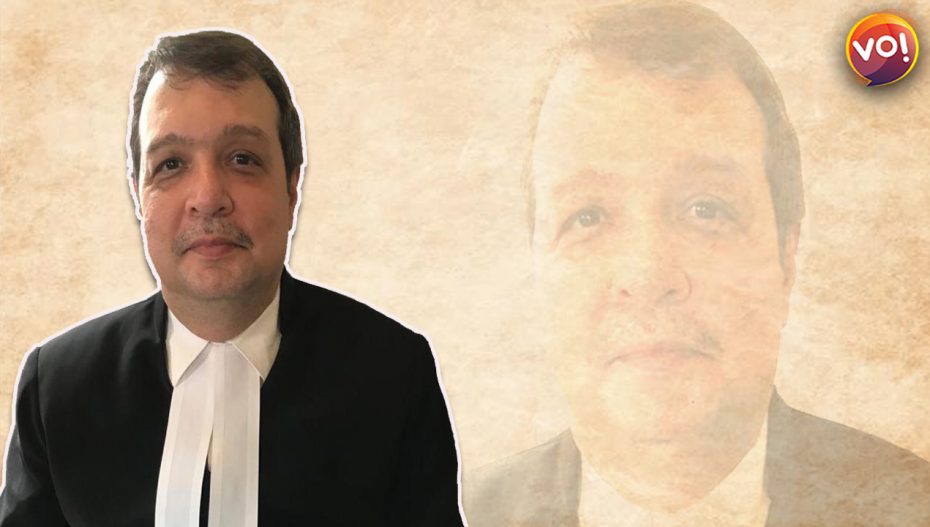Justice Jamshed Burjor Pardiwala will take over as the new Supreme Court Judge and will be sworn-in to the position on Monday. Then Justice Pardiwala is in line to become the CJI in May 2028 and will have a tenure of two years and three months.
Common sentiment regarding his appointment is positive and most believe that Justice Pardiwala will be an exceptional Supreme Court Judge with his libertarian approach, relatively uncommon for Indian judges. “It is high time that a writ court undertakes the exercise of considering, whether the exception-2 to Section 375 of the IPC could be termed as manifestly arbitrary and makes a woman’s fundamental right to sexual autonomy subject to the whims of her husband,” Pardiwala expressed his views against the marital rape immunity provided to the husband under the Indian Penal Code [IPC].
Justice Pardiwala was born on 12 August 1965 in Mumbai, and did his schooling at St. Joseph Convent School in his home town Valsad, South Gujarat. He graduated from the J P Arts College located in the city, going on to obtain a degree in Law from the K.M. Mulji Law College. He is a fourth-generation legal professional in the family of lawyers. Also, he is the fourth Judge from the Parsi community to be elevated to the Supreme Court Judge.
Justice Pardiwala is also known for his alleged remarks against reservation in the Hardik Patel Case, “The biggest threats, today, for the country is corruption. The countrymen should rise and fight against corruption at all levels, rather than shedding blood and indulging in violence for the reservation. The reservation has only played the role of an amoeboid monster sowing seeds of discord amongst the people. The importance of merit, in any society, cannot be understated.”
As a result, 58 Rajya Sabha Members of Parliament had moved a petition before the Chairman and former Vice-President Hamid Ansari seeking his removal in 2015.
Pardiwala also served as the Speaker of the 7th Legislative Assembly of Gujarat for a brief while. Justice Pardiwala started practicing law in the High Court of Gujarat in 1990. He was elected as a member of the Bar Council of Gujarat in 1994. He was appointed as the Standing Counsel for the High Court of Gujarat in 2002 and held the office till the date of his elevation to the Bench on February 17, 2011. To date, he is one of the members of the Standing Committee and Coordination Committee of the High Court of Gujarat and is also Chairman of the purchase committee. As ex-officio President of the Gujarat State Judicial Academy, he has undertaken many programmes and initiatives for the betterment of the District Judiciary
In People’s Union Of Civil Liberties and Sanjiv Bhatt v. the State Of Gujarat, a division bench of Justice Pardiwala directed the Nanavati Mehta Commission, probing the 2002 riots, to grant permission to suspended IPS officer Sanjiv Bhatt to inspect certain intelligence reports generated during the 2002 Godhra riots.
He is popularly known as JBP in the legal circle, has presided over criminal, civil, taxation and commercial matters, and has also adjudicated over environment-related issues, including taking up the issue of pollution of the Sabarmati river in a suo motu cognisance. Justice Pardiwala has around 1,012 reportable judgement on varied subjects.
In a significant ruling, Justice Pardiwala observed, “A customer at a brothel could be said to receive the victim. I see no good reason why the customer should be kept out of Section 370 of the Indian Penal Code (IPC)”. Hence, Section 370 of the IPC will have no application in a case wherein sex workers are engaged in prostitution of their own volition and not under any inducement, force or coercion.
Recently he sarcastically said, “It is easier to reach the moon than understand GST (Goods and Services Tax).” Justice Pardiwala is a judge who is very critical of the government policies and his elevation as the SC Judge can strengthen the Indian Judiciary.












